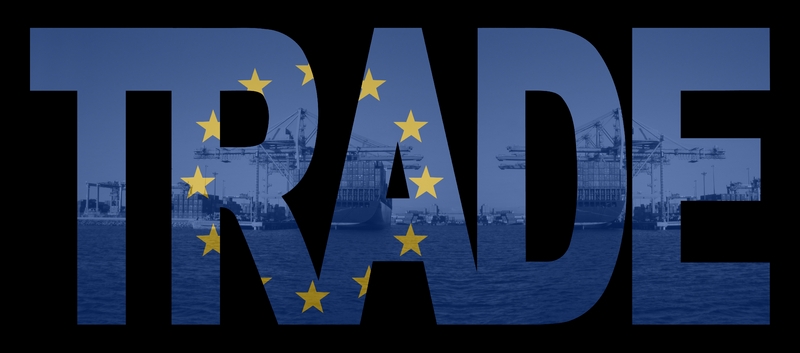
Transatlantic trade: walk before you run
Ever since the EU forged its plans for a single market, in the late 1980s, there has periodically been interest in the idea of establishing a transatlantic single market – removing not only tariffs, but also non-tariff barriers to trade and investment. This winter some European leaders are reviving the idea. Angela Merkel, the German chancellor, who will preside over the EU in the first half of 2007, has declared that she would back a new EU-US trade initiative. Gordon Brown, the British prime minister in waiting, also wants a transatlantic trade agreement. They can count on the support of Nordic countries and the new member-states.
There are several reasons why some governments want a transatlantic free trade agreement. It would provide the EU with the positive story it has sought since the popular rejections of the constitutional treaty. It would show the vitality of the transatlantic relationship, after the tensions caused by Iraq, arguments over climate change, and much else. And the Germans would gain a success for their presidency. Most importantly, a new trade deal could in theory provide major economic benefits. The EU and the US have the world’s biggest trading relationship. Their companies invest more in each other’s economies than in other parts of the world. But regulatory barriers remain a major obstacle, particularly in services. The OECD estimates that the removal of barriers to trade and investment, alongside economic reforms, could boost GDP per capita in the EU and US by up to 3.5 per cent.
However, the prospects for a renewed partnership are not bright. First, the US Congress and administration seem unenthusiastic about a new trade deal. Many Americans worry about the growing US trade deficit, and the new Democrat-controlled Congress is more protectionist than the previous one.
Second, such an initiative would have to focus on regulatory barriers, particularly in the services sector. However, if past experience is anything to go by, the German presidency would struggle to make rapid progress. Previous initiatives to boost transatlantic trade, in the 1990s, led to improved co-operation, for instance between regulators and businesses, but made little lasting impact. The EU and US agreed to ease some of their non-tariff barriers by recognising each other’s regulatory standards. But most of these agreements did not fulfil expectations and some are still not fully implemented.
US regulators tend to view international agreements as an unwelcome constraint on their authority. And the acrimonious discussions over the EU services directive – designed to open up Europe’s internal services market – have highlighted the difficulties of liberalising services within the Union. Another problem is that regulations reflect differing national preferences for, say, science or social policy, which may be hard to bridge across the Atlantic. The transatlantic trade dispute on genetically modified crops is a good example.
To be attractive, any agreement would need to open new markets. Many sectors, such as telecoms and banking, are already relatively open. Yet there is little chance of progress in sectors where major barriers to investment remain. Take aviation. Negotiations to liberalise transatlantic air travel have been going on for years, without a major breakthrough. Similarly, the French are eager to protect their audiovisual sector, while the Americans have cited fears over security as a reason for blocking talks on liberalising maritime transport.
A more fundamental objection to a new trade accord between the world’s biggest trading blocs is that it could weaken the WTO, diverting negotiating resources away from the Doha round. And it could lead to fears among developing countries and the new Asian economic powers that their interests were being ignored.
Progress is possible in some areas, but usually over nitty-gritty issues. Instead of looking for grand successes, the EU should focus on small steps to improve the existing relationship. Close co-operation between American and European competition authorities shows this can be done. The EU and the US should provide their regulators with money and staff that are allocated specifically for mutual co-operation. They should sign an agreement that asks their regulators to share information on forthcoming rule changes, conduct transatlantic impact assessments, and create a regulatory hotline. Such modest steps would not provide a dramatic success for the German presidency. But they would ensure that it avoids the embarrassment of an initiative that falls flat – and also enhance economic ties across the Atlantic.
